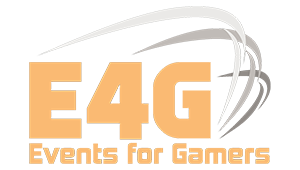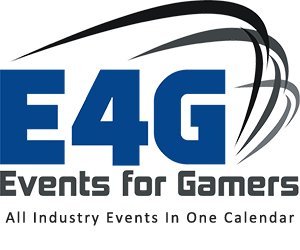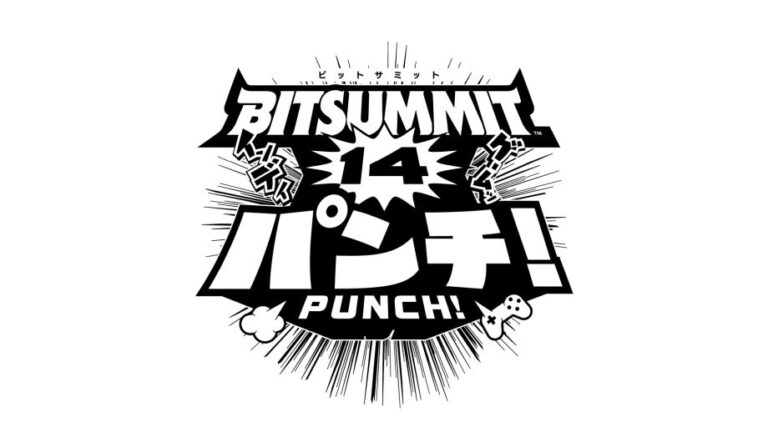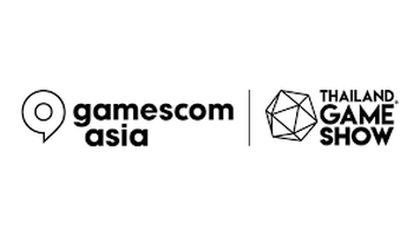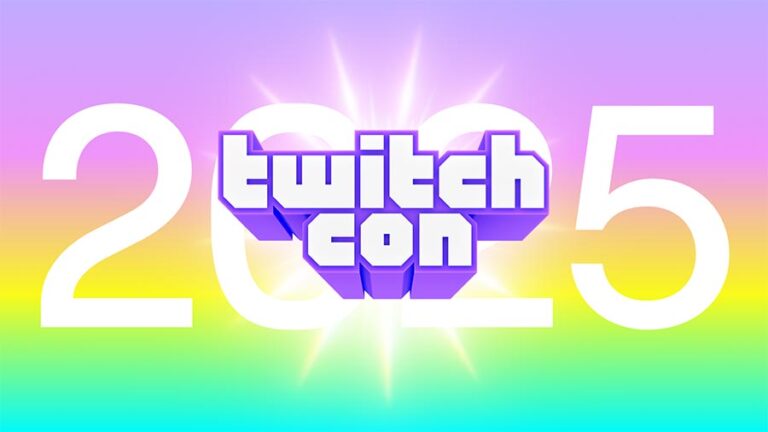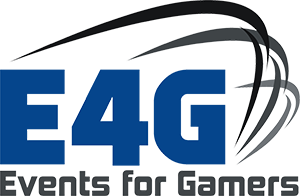Following the large-scale and influential game industry events, gamescom and gamescom congress, in the late summer this year, we had the opportunity to speak with Tim Endres, Director, gamescom, and Stefan Heikhaus, Director gamescom and events at game – The German Games Industry Association, to get a sense of what goals gamescom met in 2025 and what focuses and features the event series might be in development for 2026.
Events for Gamers (E4G): With gamescom and gamescom congress 2025 now behind you, how would you assess how these events fared? Overall, what went well and what would you like to improve?
Tim Endres: By every major measure, 2025 delivered. We welcomed 357,000 visitors from 128 countries, hosted 1,568 exhibitors from 72 countries with a 70% international share, and reached over 1,1 billion video views by August 31. gamescom Opening Night Live alone surpassed 91 million views in the same period. The re-located event arena, an additional entertainment hall, the largest indie area to date, and expanded outdoor spaces improved crowd flow and overall stay quality.
And the excitement only continues with other formats such as the gamescom congress, which welcomed more than 1,000 guests for the first time and more than 180 international speakers.
So, to summarize: gamescom 2025 with all its formats and areas was very successful and we could not be happier about its results.
E4G: What were the biggest surprises or standout moments from gamescom and gamescom congress 2025, and how might they shape your thinking for 2026?
Stefan Heikhaus: There are two things that stood out to me: first, the depth of international engagement — particularly from North America and Asia where we saw the biggest growth for trade visitors for example. It is a strong signal that underlines the importance of the event for the industry. Second, it is the excitement of the people on our show floor. One moment that stood out the most was sitting in the event arena during our annual cosplay contest – but it was bigger than ever before. 5,000 people watched the passion our cosplayers brought to the stage. It is a part of gamescom that is very dear to many visitors.
E4G: What feedback from exhibitors or speakers in 2025 has most influenced your planning for format or programming for 2026 gamescom events?
Tim Endres: One thing we are continuously working on and where feedback plays a huge part is the gamescom biz app. Its goal is to connect the whole B2B community — from trade visitors to speakers, exhibitors and media alike. With the feedback we gather, we are steadily improving it to be more helpful and better in general for the upcoming year.
E4G: Were there any experimental topics or session formats in 2025 that you plan to expand or refine for 2026?
Stefan Heikhaus: We are currently in our evaluation phase. That means that we look deeply in each individual feedback we receive – from private visitors to exhibitors or media – and see what aspects of the event need to be adjusted or refined. So, right now it is hard to say what part exactly gets expanded or changed in 2026 but no matter which format or area we are talking about one thing is for sure: we are always looking for ways to bring the best experience to the respective audience. And if we need to adapt to changing needs to get there we will.
E4G: With the games event space in flux a lot in recent years, especially post-COVID, how has gamescom evolved to address the needs in the conference space that may not be touched on right now?
Tim Endres: We positioned gamescom as a hybrid platform with offers for all gaming target groups. That means convening investors, studios, educators, public institutions, and many more. The congress and developer programming increasingly serve as neutral ground for complex topics. These include for example AI, democracy or climate protection. We are offering space to discuss these topics and how games can help to address them to either educate or create awareness among audiences. With our Confex we also offer Europe’s most modern event and congress center, it provides more space to grow, modular rooms for parallel tracks and workshops, stronger tech infrastructure, and better networking zones. It is the ideal place for an event like the gamescom congress or gamescom dev (formerly devcom).
E4G: How do you balance gamescom’s role evolving as a bridge between industry announcements and the expectations of the fan community worldwide?
Stefan Heikhaus: I believe that this is not a question of balance but of setting the right expectations. When we talk about gamescom as a hybrid event we do not just mean that we have gamescom Opening Night Live with lots of exciting announcements. It is also about gamescom awesome indies, a show that focuses on independent productions, the gamescom studio with lots of developer interviews and in-depth insights on upcoming games and so much more. And each of these digital formats sets their respective expectation. You would not expect a AAA announcement during gamescom awesome indies or a new title reveal in our gamescom studio. We even set expectations for gamescom Opening Night Live by sharing first titles that will play a major role in the show on our social media channels ahead of it. Of course, surprises are part of the fun, but setting the right expectations is, in our believe, the only way to organic growth for these formats.
E4G: How are you evolving the hybrid experience between physical and digital attendance for 2026 gamescom events, especially for global audiences?
Tim Endres: What is always important to us is that all our digital shows are connected to the on-site event. So, we do not just want to have digital formats to reach a broader target group but to create a connection to what is happening on the show floor. We want to create one coherent community that celebrates games throughout the week. So, while one might see a new indie trailer during gamescom awesome indies, the other person might play it in our indie area already. Or there is an interview with an exciting developer who talks about a new AAA game – one might stream it, the other one might stand right in front of the gamescom studio to watch it.
What we aim for is more than just a physical and digital attendance – it is the coherent and global celebration of gaming that connects players no matter where they are. This is what gamescom is all about.
E4G: How did you approach sustainability and accessibility in 2025 for a large convention like gamescom, and what improvements may be planned for 2026?
Stefan Heikhaus: Our initiatives gamescom goes green and gamescom cares feature different sustainable organizations that are worth looking into. That includes a program called “Spende dein Pfand”, which roughly translates to “donate your bottle.” In Germany, bottles come with a small deposit. By collecting empty bottles during the event, it not only reduces waste, but also raises money that goes into other sustainable projects while maintaining the recycling cycle. You can find many projects in the likes of this on our websites.
For accessibility, we are providing information for a barrier-free stay at the event. We additionally oblige exhibitors to have ramps so that all booths are accessible and provide information on how to build an accessible presence at the event.
The exchange and feedback are very important for both topics as they help us to improve and increase measures to ensure everyone gets to enjoy the event in the best possible way.
E4G: What’s your strategy for spotlighting indie developers and less-represented voices in the gaming industry at next year’s event?
Tim Endres: We cannot talk about next years initiatives or changes yet. But we see the ever-growing demand for indie games. This year, we featured the biggest indie area to date. We are committed to this part of the industry. Not just by providing a special offering in our indie area, by implementing the gamescom Steam event or by creating a show like gamescom awesome indies, but by adapting to the needs and wishes of the developers and fans. We are already excited to see what creativity awaits us in next years indie area.
E4G: What opportunities will gamescom 2026 provide for students and newcomers to connect with industry professionals and learn about breaking into the games business?
Stefan Heikhaus: gamescom is designed to offer several entry points for students and newcomers. Starting with gamescom dev (formerly devcom), which offers a so-called scholarship program. The program aims to create opportunities for game developers who face barriers to independent attendance. The gamescom campus area is a dedicated space on the show floor to give students the chance to learn more about trainings and offers in the field of study. The gamescom invest circle gives newcomers with great ideas the chance to meet international investors and pitch their ideas. For the gamescom indie area we have special offerings with affordable prices and opportunities for group booths. Our app called gamescom biz is the matchmaking tool during the event. It helps to contact and meet industry veterans to learn more about the job and find themselves an entry.
As stated in the beginning: There is not just one but many things we do to help students and newcomers to connect and break through. And we will continue to use gamescom as a platform to do so in the future.
E4G: What do you feel may be the biggest trends and issues in and around game development next year, and how would you like gamescom events to address them?
Stefan Heikhaus: There are certainly three things that the industry currently faces:
1) Practical AI in production. That includes workflows, ethics, and IP protection.
2) Discoverability and sustainable monetization across platforms. The number of games releases each year is steadily increasing. Creating awareness for the own project is an enormous task for developers of all scales.
3) Global collaboration. Cross-border teams and go-to-market strategies need to be addressed as they help the industry to learn from each other and sustainably grow.
Formats like gamescom dev and gamescom congress are stages where these topics can be addressed. We as gamescom offer the stage and space for these discussions. We want to foster exchange and growth. While we certainly cannot be the only solution for any of the problems, we take all the steps we can to support the industry in the best possible way.
Events for Gamers appreciates Tim Endres’ and Stefan Heikhaus’ insights about gamescom (past, present, and future) as this events series evolve and broadens in influence. Events for Gamers will be sure to keep tabs on how they grow and what they might work on next.
